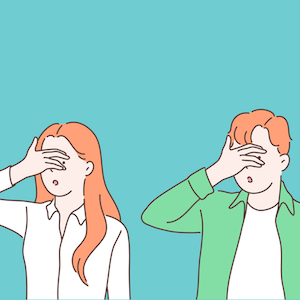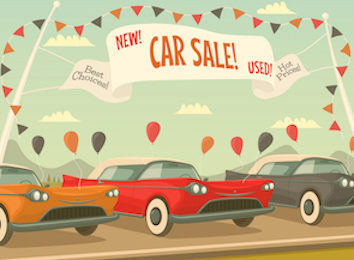
Should I Buy A New Or Used Car?
A question I asked myself just this past year and had to do a bit of research in order to find an answer. The quick and simple answer is to buy used, but you probably want to know why, huh? Unless you have a wonderful budget at your disposal, you’re probably like me and many others, struggling just to pay the insurance for your car nevermind the car itself. Buying new does have quite a lot of advantages, but at the end of the day, a used car far out-benefits the average person.
First, you need to ask yourself: how much money are you willing to spend? Do you have the funds for the large price tag of that new car smell, or is the down payment on a used one going to drain you dry? Will you need to take out a car loan in order to even consider either of these options? Which option will benefit you most in accordance with that car loan? While the first question is solely yours to answer, let’s start off by addressing the pros and cons of a new car.
Buying New vs Old Cars: Is Newer Really Better?
No Skeletons in This Closet
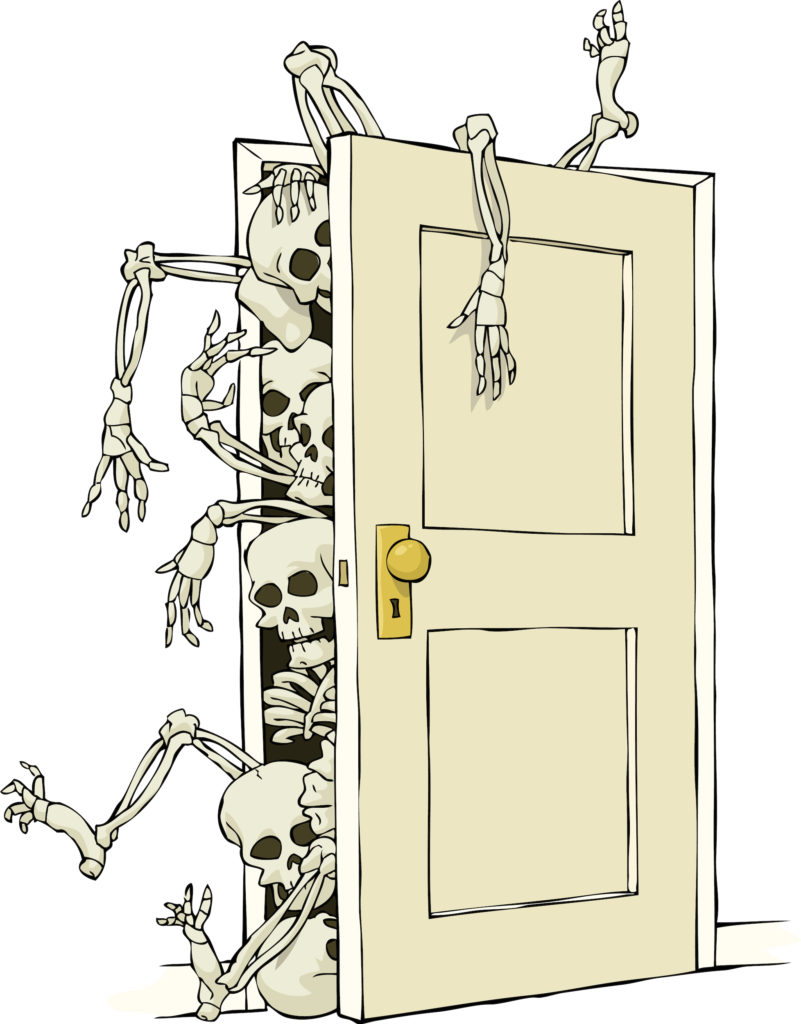
Buying a new car comes with quite a few perks. First off, shopping is a little more streamlined, and therefore easier. The cars you’re looking at are fresh out the car oven, and, provided you’ve done your research, are as perfect as any car can be. You won’t have to go to a mechanic to get it evaluated or spend extra time digging into the history of it like you would a used car, and any problems you might have are usually under warranty for at least three years depending on your contract. So, no mysterious stains except the ones you make.
You have way more payment options when purchasing a new car vs an old car. If you plan your shopping for the end of the year, near the time automakers are trying to reach quotas and offer juicy deals, you might be able to snag something nice. Dealers and manufacturers can offer cash rebates and other incentives, and if you are taking out an auto loan, then the interest rate will usually be lower than that of a used model.
Newer cars also usually mean you have newer technology. There are a lot of wonderful features that make driving a luxury rather than a hassle, such as auto-connecting Bluetooth, backup cameras, heated seats, and better security systems. If this is an important piece of the equation for you, then you need to remember that buying a used car will most likely entail a car that does not include the fancy features.
Disadvantages
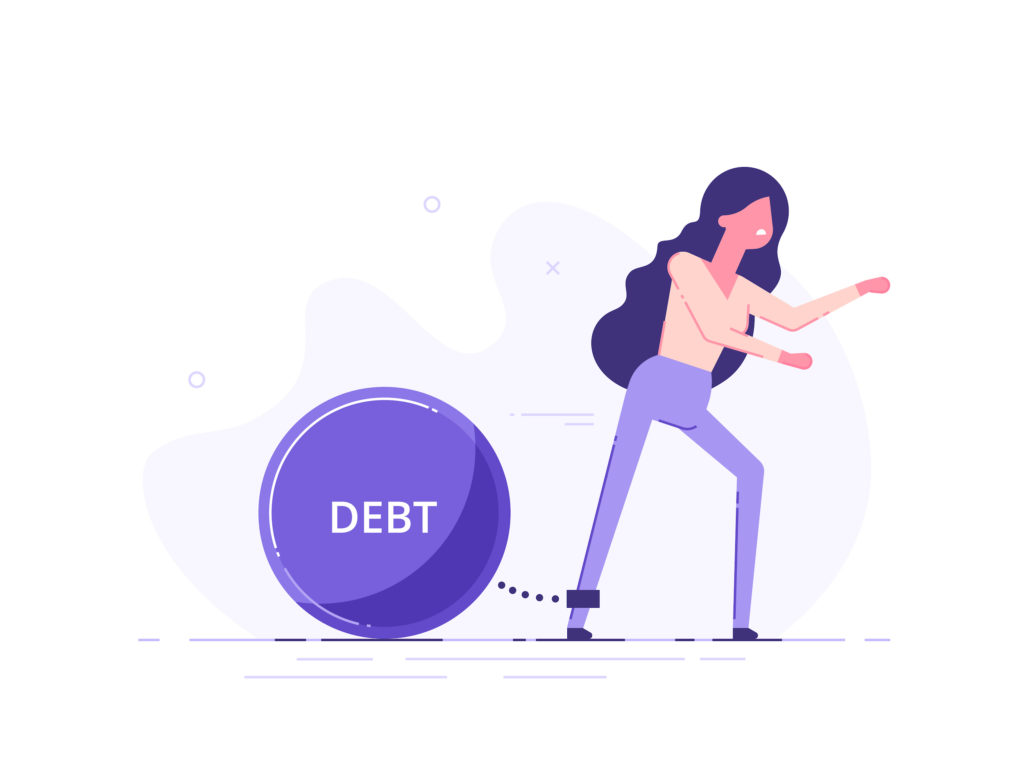
Depreciation for a new car can pack a punch. Based on Carfax’s data, it seems that you can lose as much as ten percent value off your new car just in the first month that you drive it. You might sell your car after fifteen years at half the price you originally bought it, so you need to consider if the perks outweigh this potential lost value. Insurance might also be higher, but that also depends on the make and model of the car—meaning that you might pay a lot on an old car as well. There’s also the matter of price: can you afford the shiny rims and rich leather interior? There’s always going to be a bigger cost with a new car, and while there may be deals and options involving payment plans, all of that is still coming out of your pocket.
Buying New vs Old: Age Before Beauty
Now let’s consider the better parts of purchasing a used car because there are quite a few.
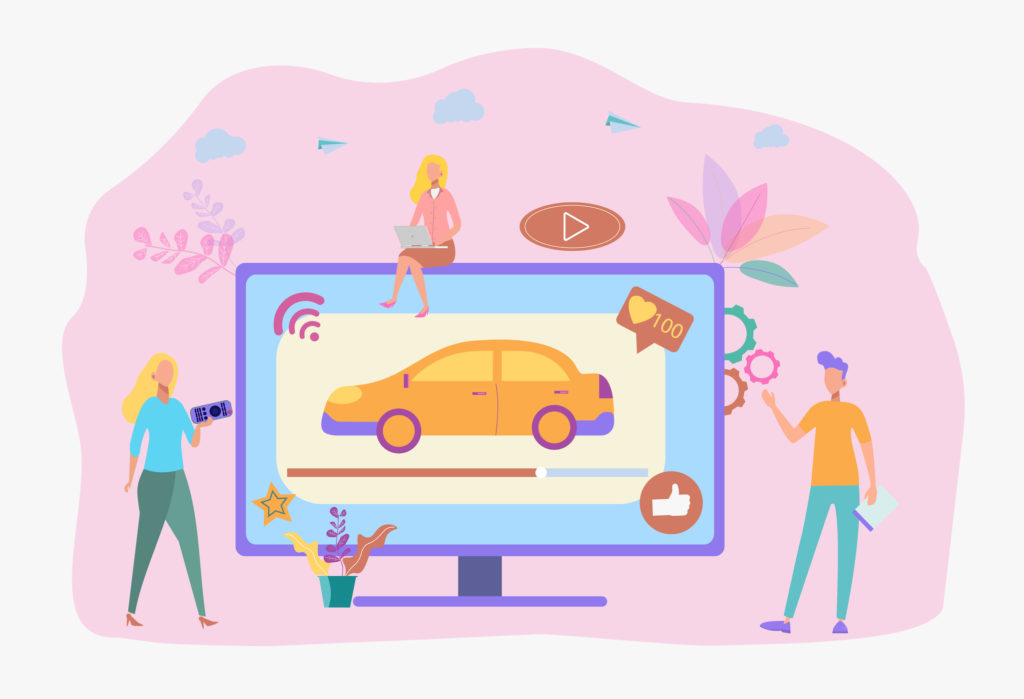
When you buy a used car, you will definitely be buying it at a lower cost than a new one, which right off the mark saves you a considerable amount of money, not to mention the depreciation I mentioned before? It will usually be absorbed after the first few years of ownership, so you don’t have to worry about spending and losing so much.
The little things that come after that initial purchase, like insurance and sales tax, will typically be less with older cars. The important thing to remember is to do your research before purchasing anything, using resources like US News to do a little digging on the reviews and rankings of used models.
A lot of the cars you see in used lots are not going to be as ancient as you think. Some might even have a few of those cool gadgets we spoke about before! Those features do not add much to the value of your car in the long run, which means you are purchasing them for cheaper when you look at used cars. Another important thing to remember is that, if you are taking out an auto loan, this will give your wallet some room to flex; however, make sure you understand what your specific car loan entails, and educate yourself before jumping into something risky, whether you’re buying a new or old car.
Disadvantages: Yep, You Guessed It
Old cars are old. Shocker, I know. You’re going to have a history with the car you buy, and the more miles it has, the more likely some maintenance will be required. Regardless, you will be closer to a required repair than with a new car, and you won’t have a warranty to help back you up—this can be very costly if you jump into the carpool without looking. You will also have to consider your down payment, which might wind up costing you too much at once, whereas the options provided by a new car can help.
What It Comes Down To
What it really comes down to is this: Do your research for the class of car you’re looking for, listen to what your savings are whispering to you, and remember that with either choice there are both benefits and detractors. There is not any one way to go, as much of your decision-making will be subjective. Buying new vs old cars can be overwhelming, so make a checklist starting with what you have and what they have, then consider the rest.


